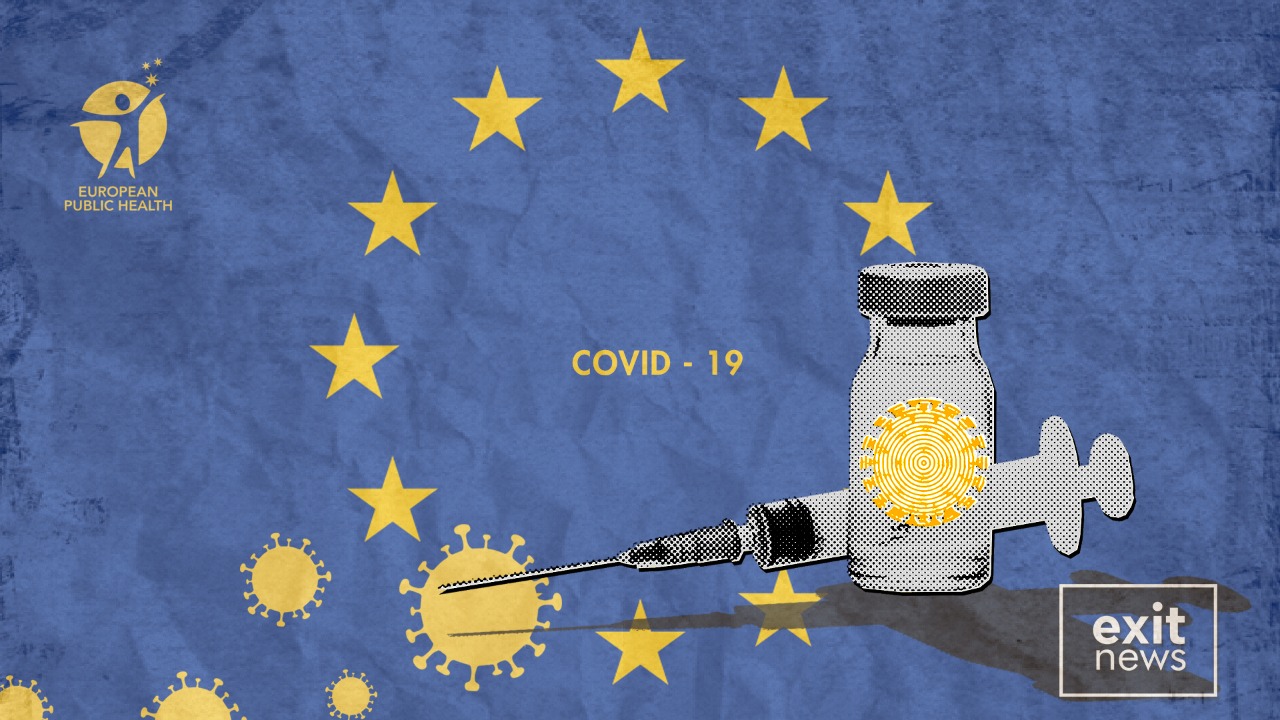
The government does not yet have a date when it will receive the first shipment of the anti-Covid vaccine from Pfizer.
In a conversation with journalists, on Tuesday, Rama stated that “Pfizer has problems with deliveries to all countries because it has announced a halt in production due to the expansion of the production base.”
Rama said that the government is constantly communicating with Pfizer to ensure that the contract with Albania is respected, at least for the first part of the vaccines, which was expected in the third week of January.
The Prime Minister added that the government is negotiating with another company, Astra Zeneca, for a number of vaccines.
“In 10 days, the next two weeks we will have stability and clarity about vaccines,” Rama said.
He clarified that those who received the first dose of the vaccine will also receive the second dose, as “it has been calculated that there is no one to lose the process due to the lack of the vaccine.”
Albania has started the process of vaccinating doctors with the Pfizer vaccine, with 975 doses donated by a still unknown country.
All those who have taken a dose will take the second in the first week of February.
In early January, while announcing the contract with Pfizer for 500,000 doses of vaccine, Rama said that the first 10,750 doses will come in the third week of January.
In mid-January, many European countries announced they were receiving fewer deliveries of anti-Covid vaccines from Pfizer, as the US company slowed production.
Sweden, Denmark, Finland, Lithuania, Latvia, and Estonia urged the EU to put pressure on Pfizer-BioNTech companies to increase production. Following countries’ concerns, on January 15, Pfizer said reduced shipments are merely a temporary issue affected by changes the company is making to increase production capacity.
But now, AstraZeneca is also experiencing issues with production. This was due to a manufacturing defect and they announced that quantities of those delivered will be less than first anticipated.
“The initial quantities will be lower than originally anticipated due to reduced yields at a production site within our supply chain”, a company spokesman said in a statement.
“We will supply tens of millions of doses in February and March to the EU as we continue to increase production,” he added.

